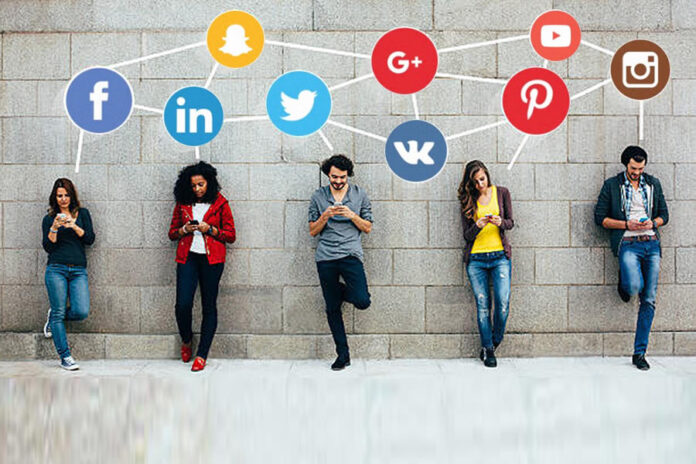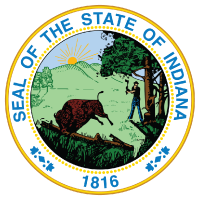Wednesday, June 28, 2023
Blog topics:
 Today, social media is a large part of all of our lives. It allows us to connect with others, share our stories, and express ourselves. However, with the large reach of social media, it’s very important to prioritize our safety and protect ourselves from various dangers. This week, as we celebrate National Social Media Day on June 30th, it’s a great time to explore and share with you some helpful tips and strategies to keep yourself safe in the digital realm.
Today, social media is a large part of all of our lives. It allows us to connect with others, share our stories, and express ourselves. However, with the large reach of social media, it’s very important to prioritize our safety and protect ourselves from various dangers. This week, as we celebrate National Social Media Day on June 30th, it’s a great time to explore and share with you some helpful tips and strategies to keep yourself safe in the digital realm.
- Guarding Personal Information: One of the best ways to keep yourself safe is to carefully manage your personal information. It’s always a good idea to avoid putting sensitive information online, including your home address, phone number, and/or any financial information. The Department of Justice cautions that sharing sensitive information with people you don’t know personally is one of the biggest risks to your security online. Also, be sure to restrict what apps can see using privacy settings; that’ll help in keeping your data more secure.
- Using Strong and Unique Passwords is one of the fundamental steps to keeping yourself safe on social media and making sure your accounts are protected. Having the same password over multiple sites, using passwords that are common, and not utilizing a good combination of numbers, upper and lower case letters, and symbols puts you at risk of losing control of your account, and giving a cybercriminal access to sensitive information.
- Stranger Danger and Parental Controls: Be sure to look into the parental settings for your accounts, and make sure you have careful control over who can see what your kids and teens are posting. Be careful, too, sending messages to accounts you don’t know well and be mindful of whose friend requests you accept. It’s important for your children understand and are aware of the dangers of strangers online and how to keep themselves safe as well.
- Think Before You Share: When you post, consider the potential consequences. Be careful of what’s in the background of pictures, opinions that you’re making public, or if there’s any information in your post that could give a stranger or someone who “claims” to be your friend an opportunity that could hurt you. For example, making sure that a picture of a new car doesn’t show the license plate is good cybersecurity practice. If that post is public or gets outside of your circle of close friends, anybody can use it to identify you and your address in most states.
- Cyberbullying and Online Harassment: Try as they might to apply standards for the content that’s posted, social media sites contain lots of messages and posts that are intended to harass people. Limiting who can see each post you make is a good preventative measure but utilizing the ‘block’ function to stop interacting with someone who is causing you stress is an important countermeasure to keep in mind. Support platforms on the sites can also help out; it allows you to reach out to the platform’s administration and report the person, making it beneficial for everyone.
- It’s OK to be Skeptical: Hackers use benign and unassuming attacks to get access to your data. For example, QR codes have been efficient and even fun ways to share things with customers and friends in public. However, since humans can’t check where the QR codes will actually take them before they scan it, there can be malware that’s dangerous if it’s downloaded to your phone. The FBI is warning citizens about criminals putting malicious codes over real ones. Being extra careful and practicing a healthy amount of suspicion for things online and relating to your online devices is a great way to keep yourself safe.
By staying safe whenever you’re online, National Social Media Day is a cause for celebration and connectivity with loved ones and your shared experiences. Enjoy!

